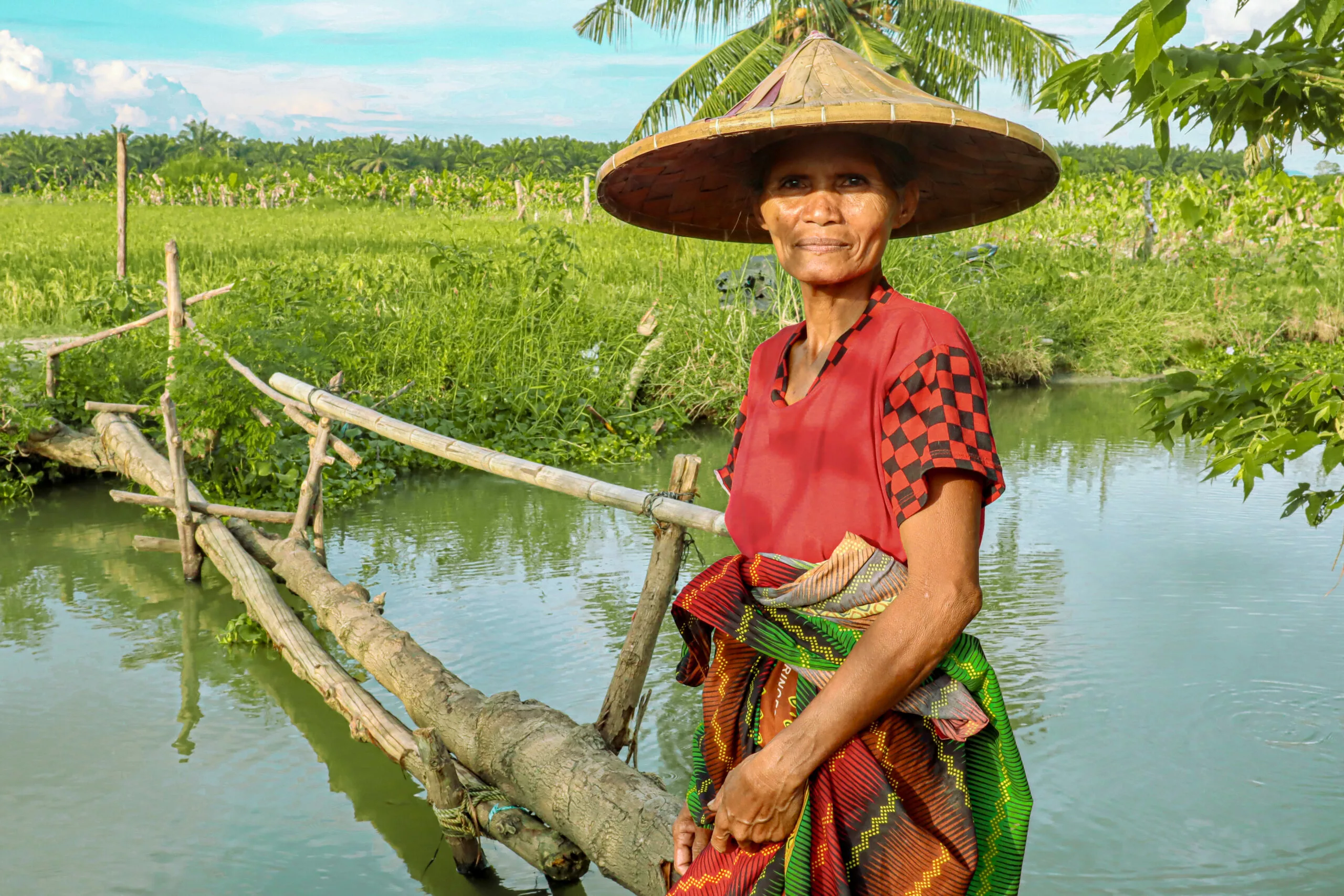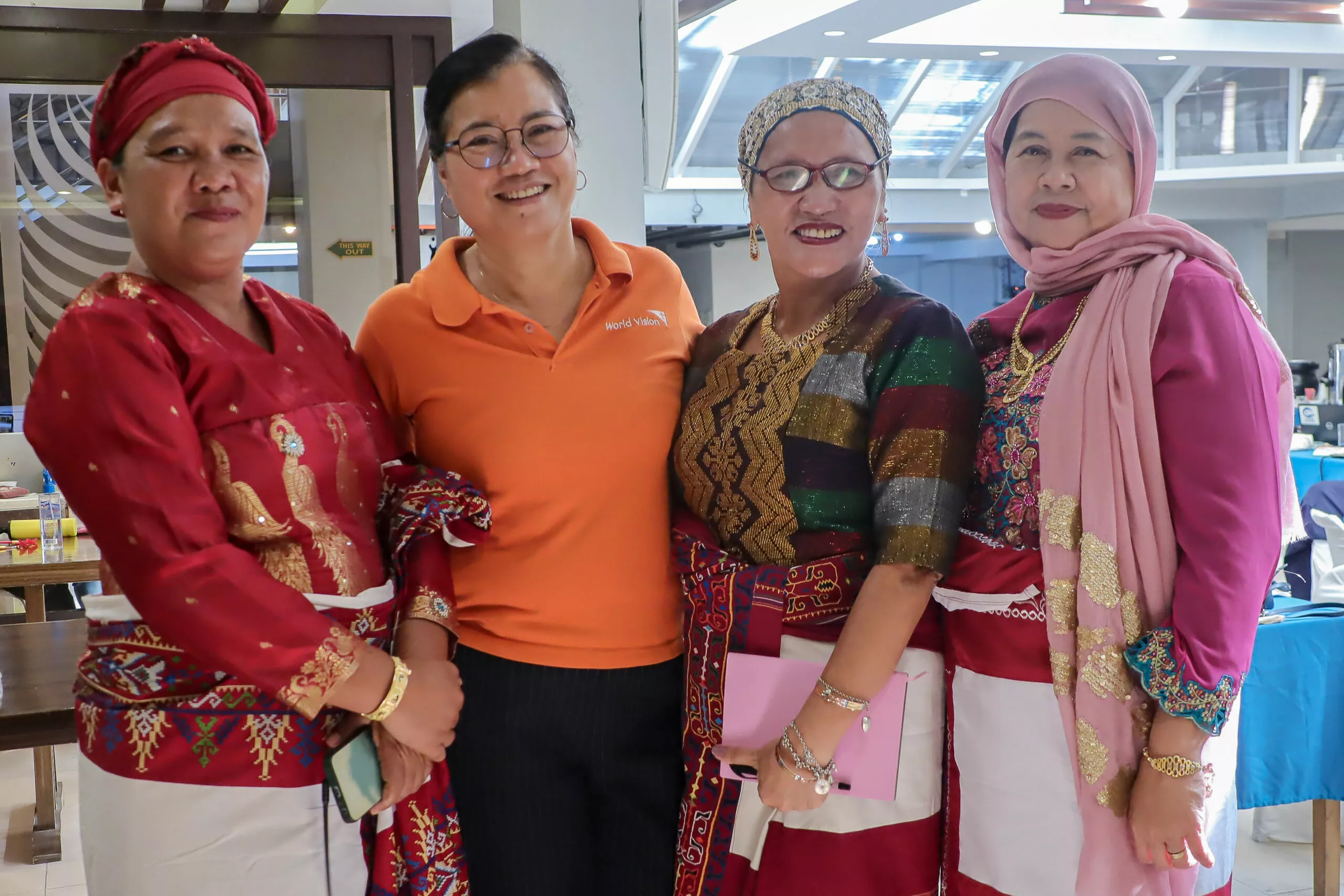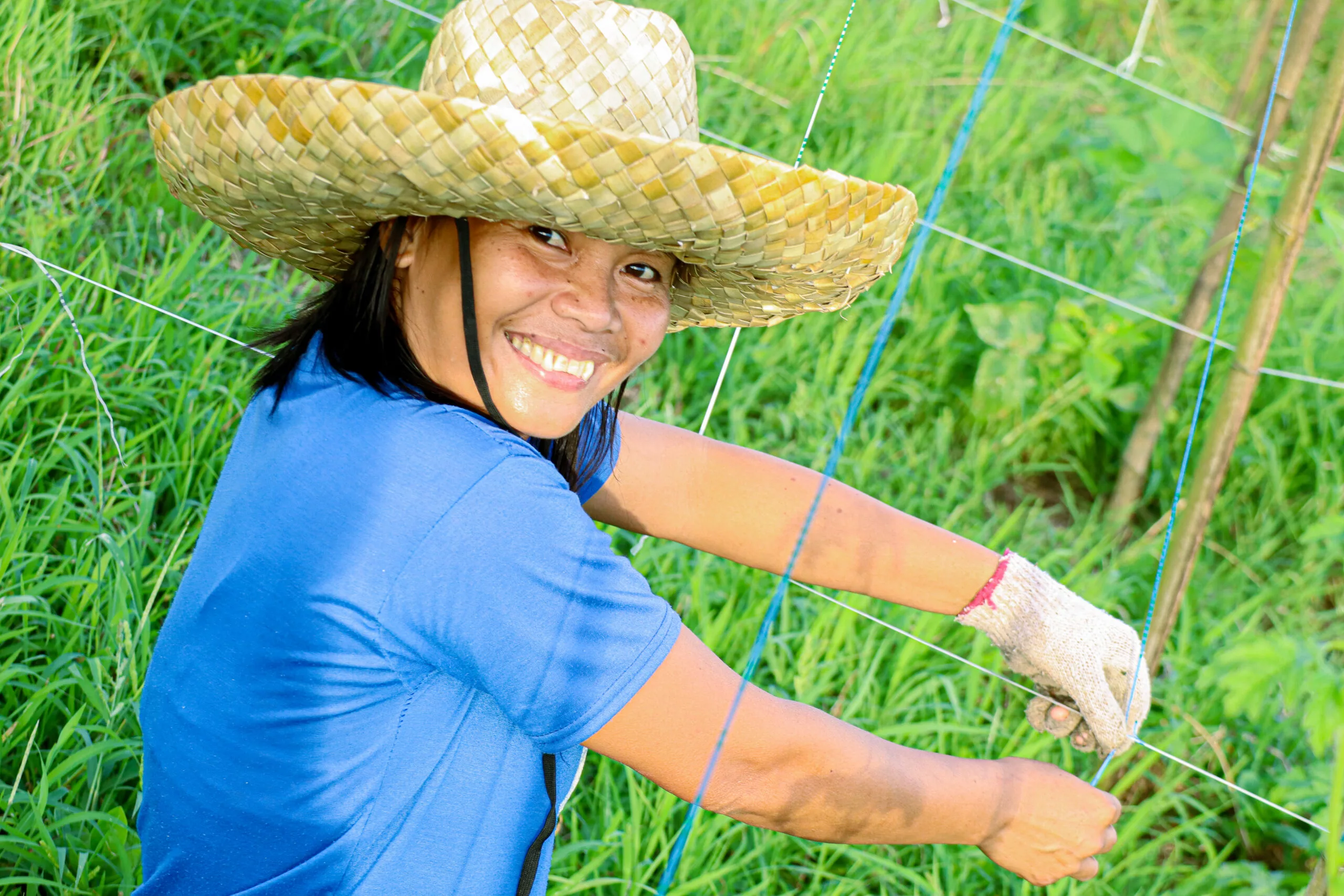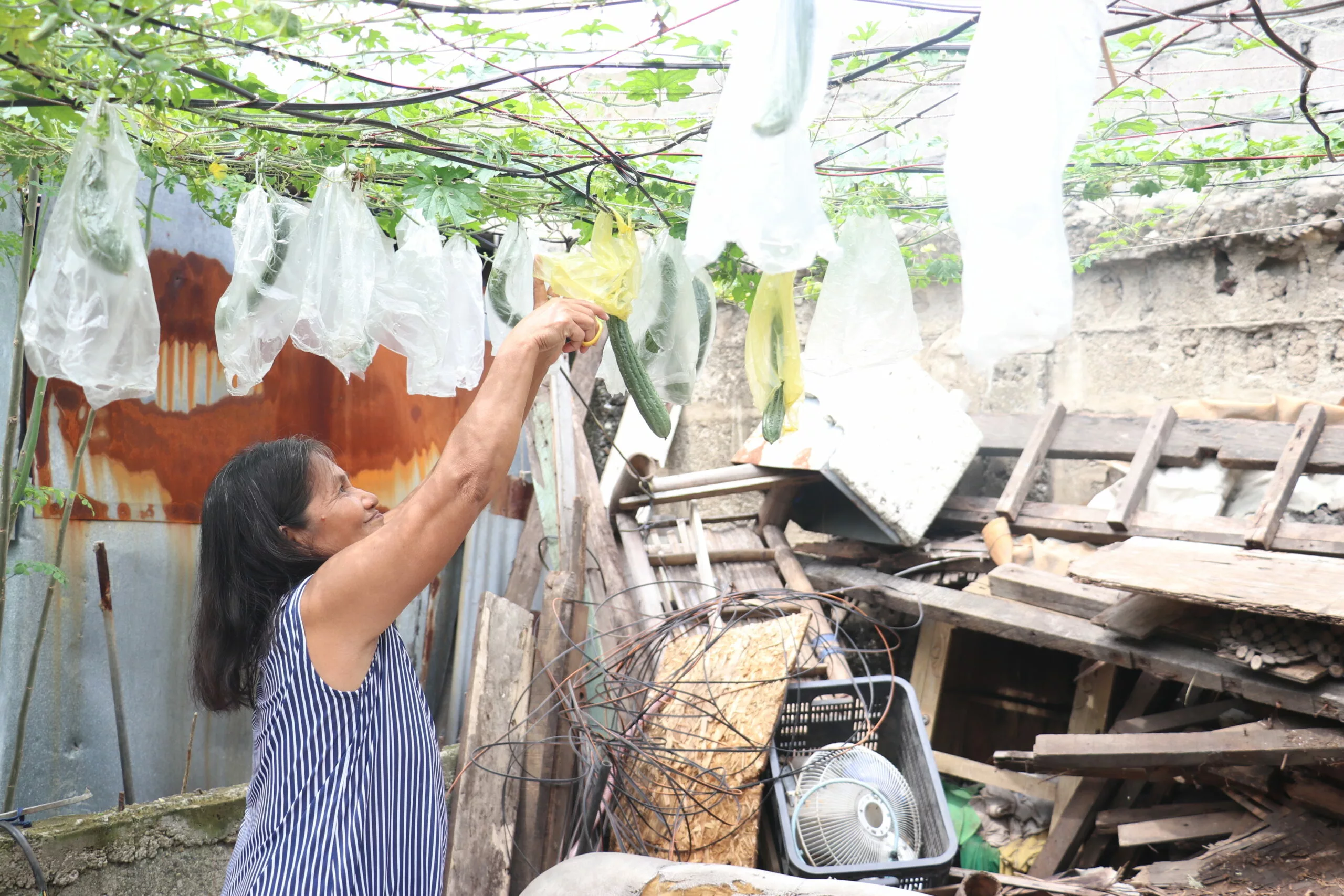Cash-for-health helps a young mother in the aftermath of Rolly
When 20-year-old Sheena Mae brought a bundle of joy into the world, she knew that there would be tough times ahead. She and her family have to endure the aftermath of a super typhoon.
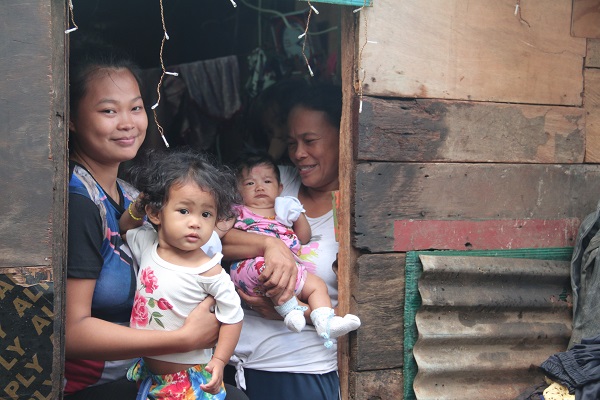
Sheena Mae is from the island province of Catanduanes. In November last year, super typhoon Rolly (Goni) plowed through their community. She and her family survived the horrifying night of howling winds and lashing rain. But for Sheena, who was nine months pregnant when Goni hit, it was the beginning of a difficult motherhood journey.
After the storm passed, Sheena returned to a roofless home. Most of their belongings were either washed away or soaked wet. 2-year-old Debery Sheen, Sheena Mae’s first child, was left with only a few garments. The few blankets that Sheena prepared for her upcoming birth were deemed unusable. They had to start from scratch.
The family stayed for two more weeks in their neighbor’s house while Sheena’s stepfather and her partner repaired their house. They temporarily covered a stretch of their damaged roof with a tarpaulin.
Right before they returned to their home, Sheena gave birth to a healthy baby girl via cesarean section. She availed the free service in a public hospital which favorably withstood the onslaught of Goni. “After giving birth to Daniella Mae, I struggled to provide her basic needs. We didn’t have the money to buy her diapers and other essentials for a newborn,” the mother shared. She was operating under a P280 budget which her partner earns from being a driver.
Cash-for-health for new mothers and health workers
UNFPA, the United Nations Population Fund in the Philippines and World Vision saw the need to prioritize the pregnant and lactating women’s welfare, particularly in helping them access reproductive health services. Through the cash for health initiative, women were encouraged to seek prenatal and post-partum care and to do facility-based delivery.
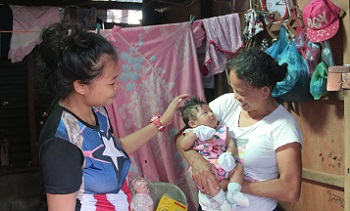
Sheena Mae is one of the mothers who received P3,000 cash assistance. “I’m grateful for this intervention, not only for the money I received but for the safe delivery of my baby. I used the cash to buy diapers, clothes, a plastic cabinet, vitamins for and also a doll for my firstborn,” the mother shared. “The money was helpful because I was able to buy the needs of my infant to keep her healthy.”
Barangay health workers who helped track and monitor pregnant women also received cash assistance.
Margie, a newly assigned Barangay Health Worker, was grateful to receive the P3,000 aid she used to buy vitamins and fruits. She also bought new clothes for her two children.
“I love my work because I want to serve my community and ensure that everyone remains healthy despite the different disasters that we have been through. This support that I received motivates me because I know that there are people who appreciate my work,” the 32-year-old health worker said.
The first phase of the maternal health emergency response in Catanduanes implemented during the first three months of the disaster is supported by the Australian Government directly benefitted at least 3,400 women.



